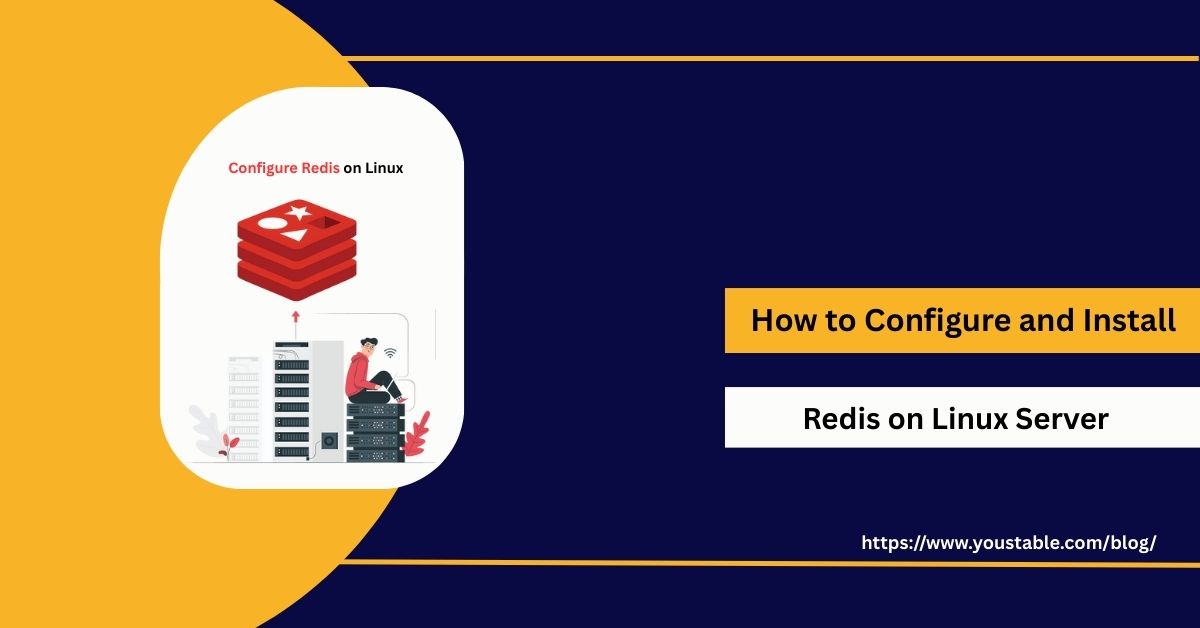Configure Let’s Encrypt on Linux to secure your websites with free SSL/TLS certificates from a trusted Certificate Authority. Let’s Encrypt makes it easy to enable HTTPS, enhancing your site’s security, privacy, and credibility—all at no cost and with automated renewal options. This guide will walk you through the process of installing and configuring Let’s Encrypt […]
Elasticsearch is a highly scalable open-source full-text search and analytics engine. It is widely used for log and event data analysis, as well as for powering search functionality on websites and applications. Configuring Elasticsearch on Linux enables powerful search capabilities for large datasets and is key to unlocking the full potential of your data. This […]
Configure MongoDB on Linux is a popular, open-source NoSQL database that offers high performance, high availability, and easy scalability. It’s designed to handle large amounts of unstructured data and is widely used for applications that require flexible schema management. Configuring MongoDB on Linux is a straightforward process that allows you to set up and optimize […]
Configure Redis on Linux is a powerful, high-performance, in-memory data structure store used as a database, cache, and message broker. Redis is renowned for its speed and versatility, offering a variety of data structures such as strings, hashes, lists, sets, and sorted sets. Configuring Redis on Linux is straightforward, and this guide will help you […]
Configure LiteSpeed Web Server for high performance, delivering excellent speed and scalability for both static and dynamic content. Known for its efficiency, LiteSpeed is used by millions of websites worldwide to improve server performance and handle large amounts of traffic. Whether you are hosting a small blog or a large e-commerce platform, configuring LiteSpeed on […]




